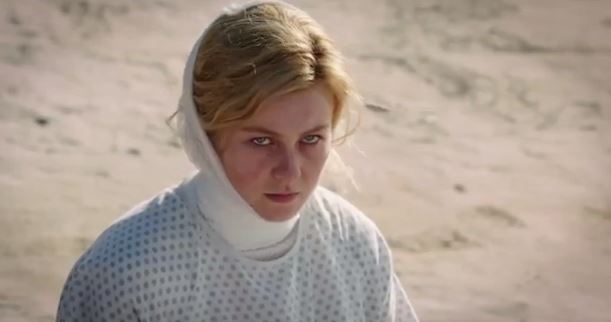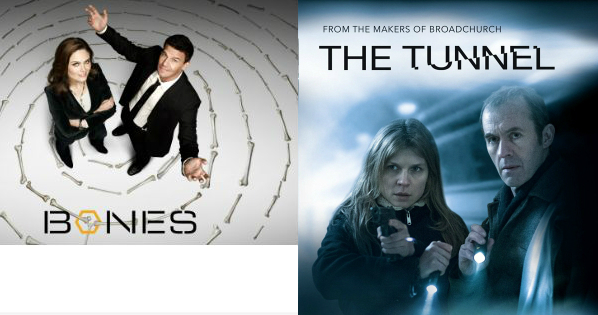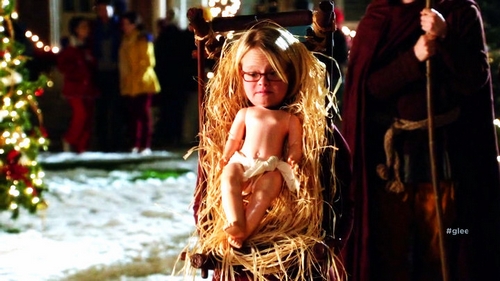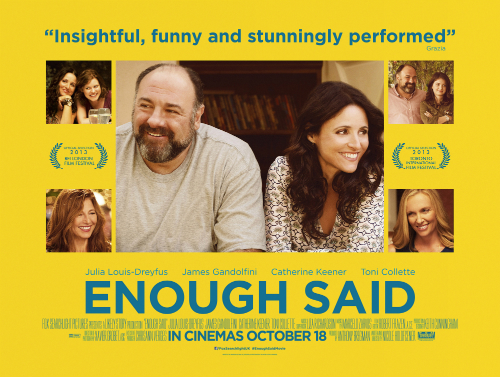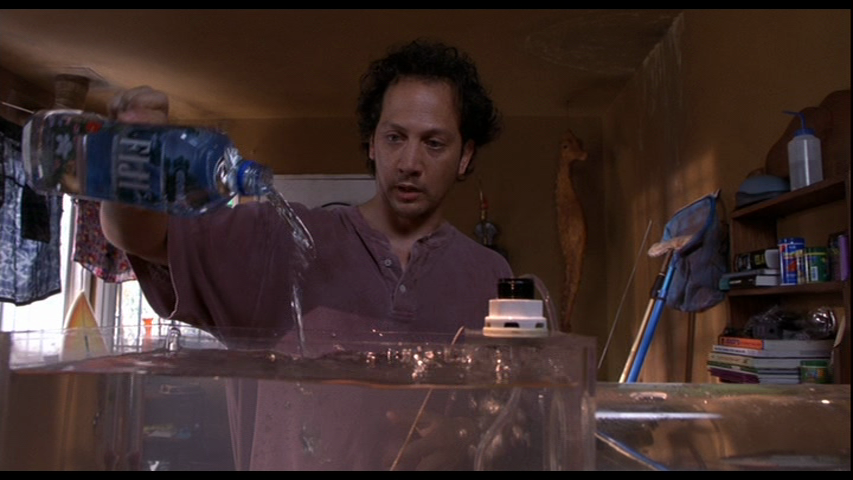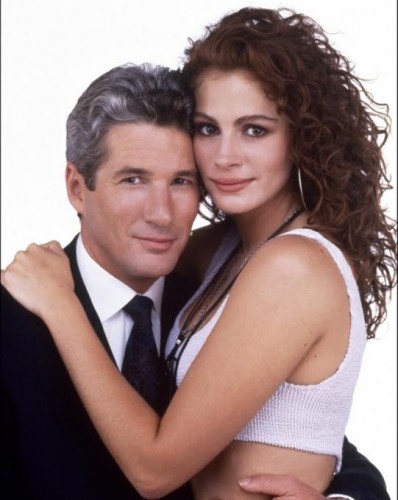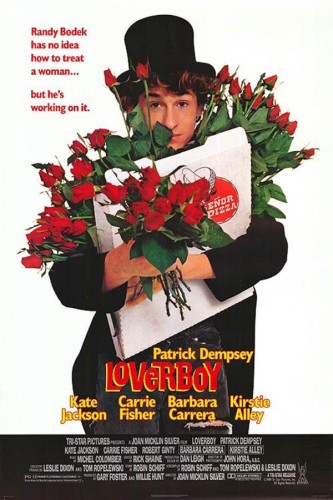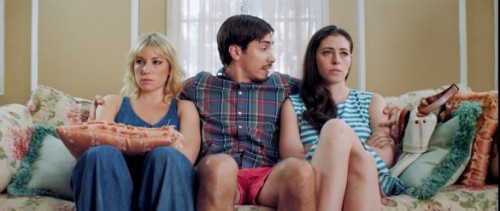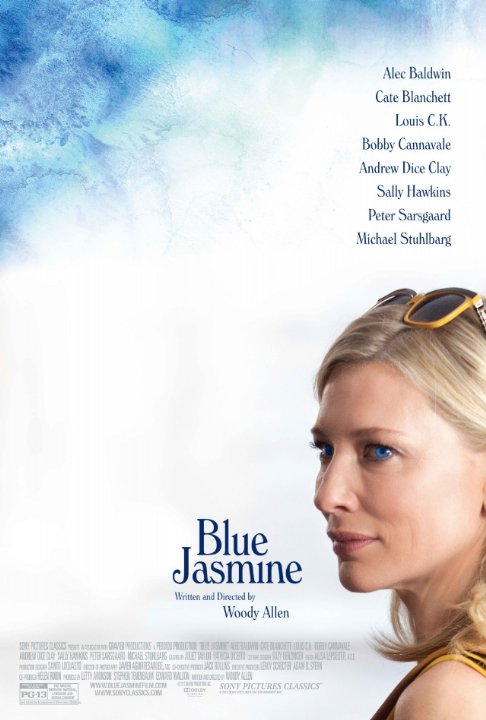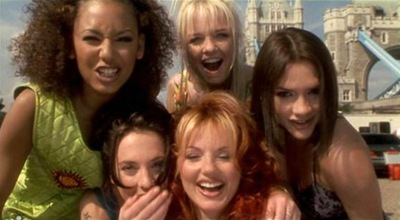
It probably says something about Diablo Cody’s directorial debut, Paradise , that despite its creator’s celebrated career and feminist street-cred, it premiered and disappeared without me hearing a thing about it. And it’s easy to see why: Paradise is cloying, tone-deaf and awkward, and such a perfect storm of awful and offensive that I’m kind of obsessed with figuring it out.
How did Cody, who wrote such memorable female characters as quippy Juno McGruff (say what you want about Juno, but the film knew what it was and stuck to it), and antiheroine Mavis Gary in the much adored Young Adult, as well as deconstructing toxic female friendships in Jennifer’s Body, fall so far off base with Lamb Mannerheim?
As sugary sweet as the cotton candy on its title card, Paradise is the story of a young girl (Julianne Hough) raised in extreme Christian church who renounces her faith after she is scarred in a horrific plane crash. After giving a speech to her congregation about her newfound atheism, she uses the money from a massive settlement to jet off to Las Vegas, the fabled den of vice condemned in her pastor’s sermons, to complete a list of sins she believes she’s missed out on.
It’s an interesting enough set-up, fruitful ground for several interesting stories, that could delve easily into topics like survivor’s guilt, sex addiction, pain killer addiction (rumor has it an earlier draft went further down this road), white guilt, or a nuanced examination of modern day extreme christianity. As a young woman who grew up in a religion so extreme that she could only listen to Christian music, and wasn’t allowed to drink, wear pants, cut her hair or associate with Muslims or LGBT individuals, there’s certainly areas to explore in Lamb’s relation to herself as a woman, her opinion of her own vanity and how she feels looking back on how bigoted she used to be. But this is not that movie.
So what went wrong?

To start with, Paradise never establishes its tone or its stance on religion. Though in some parts, it’s atheistic, attempting to make a point about problems and hypocrisy associated with religious belief in general, in some its taking on Lamb’s extreme christianity specifically, but throughout the film, Lamb is still presented as being better than everyone she encounters because for all her pretense, she maintains her christian values and fear of anything she was taught led to damnation. Lamb is a magical, pure unicorn whose quest to sin never goes very far, but who, just by being herself, fixes the lives of her new friends, womanizer William (Russell Brand) and Black stereotype Loray (Octavia Spencer). Rather than giving depth to her character, Lamb’s religious upbringing is used as a device to explain her social handicap and ignorance of anything in pop culture. She’s written like a time traveller or an escapee from an Amish cult, except every so often she stops to make one of Diablo Cody’s signature referential jokes. As the film ends without Lamb forming any stance on religion, nor deciding to compromise with her parents, the way it is stressed throughout the film makes no sense, for something that ultimately becomes a complete non-issue.

Even Lamb’s quest to sin is held back from getting to the darker places one would expect. Lamb takes a drink and spits it out, Lamb pees in an alleyway, Lamb bets a couple dollars on a slot machine, Lamb peeks through her finger at a dirty magazine, Lamb buys pot but doesn’t seem to use it, Lamb eats a dessert called a chocolate orgasm, but never has a real one. There are no anticipated scenes of Lamb playing for big money surrounded by a group at a blackjack table or ducking into a strip club. The most adult thing Lamb does is have a long conversation with Amber, a prostitute in a club bathroom, where again her mere presence seems to be enough to ‘save’ someone. There are no real stakes, so it never feels like an actual movie for adults, only the set-up for a sugary sitcom. Her new friends are roped into following Lamb around the city for no other real reason than that they find her innocence exotic, and the only real conflict is when they lose her, only to quickly find her again, having never been in any real danger.
Lamb, as her name implies, is written as an innocent who needs to be cared for, and is constantly infantilized. Her religion and the naiveté caused by it gives the other characters a reason to treat her this way and it’s shocking when midway through Lamb mentions being in college and that the man who died in the plane crash was her fiancé.

Because viewers never get a solid sense of what Lamb’s life was like when she was faithful and are only given brief glimpses of a video of her singing gospel songs, the reveal that she was courting the boy who died seems unbelievable for the character who has neither before or after suggesting she is mourning a lost love or has ever cared for anyone romantically. Lamb doesn’t seem like a grown woman grappling with a challenge to her faith and the consequent rewriting of her system of values, but a sheltered child who has decided on something (atheism) without thinking about it and refuses to reconsider even though her heart doesn’t really seem to be in it, and the film treats her that way as well.
Paradise seems to adopt the disturbing stance that if Lamb were allowed a real descent into dens of vice, she would lose what supposedly makes her interesting as a character: her purity. She attempts to have sex with William but is rejected out of hand because he doesn’t want to ‘take her innocence’. And that is what this film really is, it gives the character enough autonomy to run around a bit and see things, to meet a prostitute to pay her for a conversation, but never to do anything that might risk her purity or the sugary foundation that is her personality just under the thin veneer of snark and acidity. Lamb is not allowed to grow and experiment and get to know herself on her own terms.

Even in her own movie, her function is to fix William’s womanizing ways and teach him to “respect” women in only the most patronizing, virtue guarding way and to force Loray into abandoning her cynicism and reconnecting with the family she had said earlier on she felt uncomfortable around. Sassy nightclub singer, Loray also plays into the offensive magical negro trope, something the film acknowledges, attempting (and failing) to make it okay by having the character say she doesn’t like that she is treated as a magical negro and explain what it means.
Lamb is so thinly developed and grounded in reality that her ultimate decision to go home to her parents and make peace with her community cannot be viewed as the victorious end of her internal journey. She doesn’t change or grow as a person, instead her own journey as a character is to cause the journeys of her friends. It’s quite a feat to write a character who is both protagonist and narrator, yet still manages to be a Manic Pixie Dream Girl , and especially sad for a film written and directed by a woman.
Paradise is not the journey of a young girl who’s lost her faith as it purports to be because Lamb continues to hold onto vestiges of it and be both constrained and defined by it, always pulling back before committing to sinning. Even her decision to use her settlement money to help Amber, William, and Loray isn’t the about face in character the film wants it to be.

This could work if Lamb’s reaction to the plane crash had been to become a self-absorbed person, living only for herself and committed to living in luxury and at the end of film decided to spend her life and money helping others while living an ordinary life, however, even on her night of sinful abandon, Lamb is always sweet, always thinking of others and frankly, not concerned enough about herself and what she wants.
And it’s sad because it could have been an interesting and unique story. I felt Paradise had the potential to be great fun as a TV show and indeed, watching the movie felt like watching a repackaged pilot. On a network, Lamb could be checking off a list of sins while giving away money in her adventures, based in Las Vegas hotel and indulging in Vegas iconography. On cable, the events of Paradise would be only the pilot episode, after which Lamb would go home and function as an outsider/former insider commenting on religious culture and small-town life, while trying to start her own charitable foundation.
Also worthy of discussion is the film’s portrayal of Lamb as a burn victim, which is complicated by cultural beauty expectations. In an interview, Cody said there was a lot of discussion of the extent of Lamb’s burns. She wanted Lamb to have burns on her face, but the studio would not allow the film’s lead to look less then conventionally beautiful. Cody also acknowledges that Lamb’s hair would have burnt off in the crash and could not have grown back to its massive length in the year since, but again, Lamb was not allowed to be bald.

A young female character grappling with the gulf between her extreme religious background and the forbidden things that interest her as a young modern woman is a narrative we don’t often see, and I wish Diablo Cody had done a better job with it.
________________________
Recommended Reading: The Way We Talk: Cody’s ‘Paradise’ and Hess’ ‘Austenland’ , Diablo Cody’s Directorial Debut is Not Ready for the Big Time
______________________________________________________________________________
Elizabeth Kiy is a Canadian writer and freelance journalist living in Toronto, Ontario. She recently graduated from Carleton University where she majored in journalism and minored in film.
